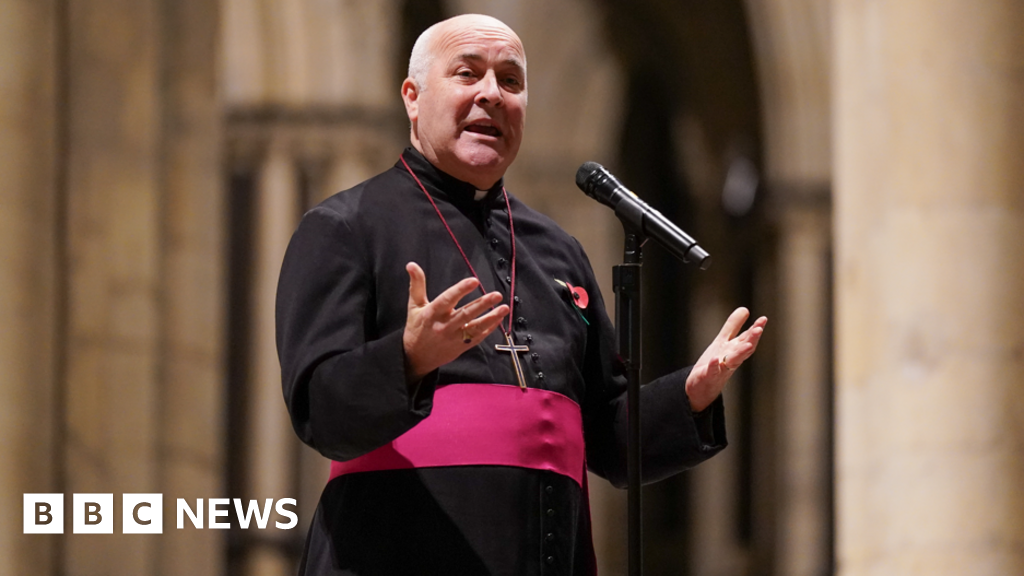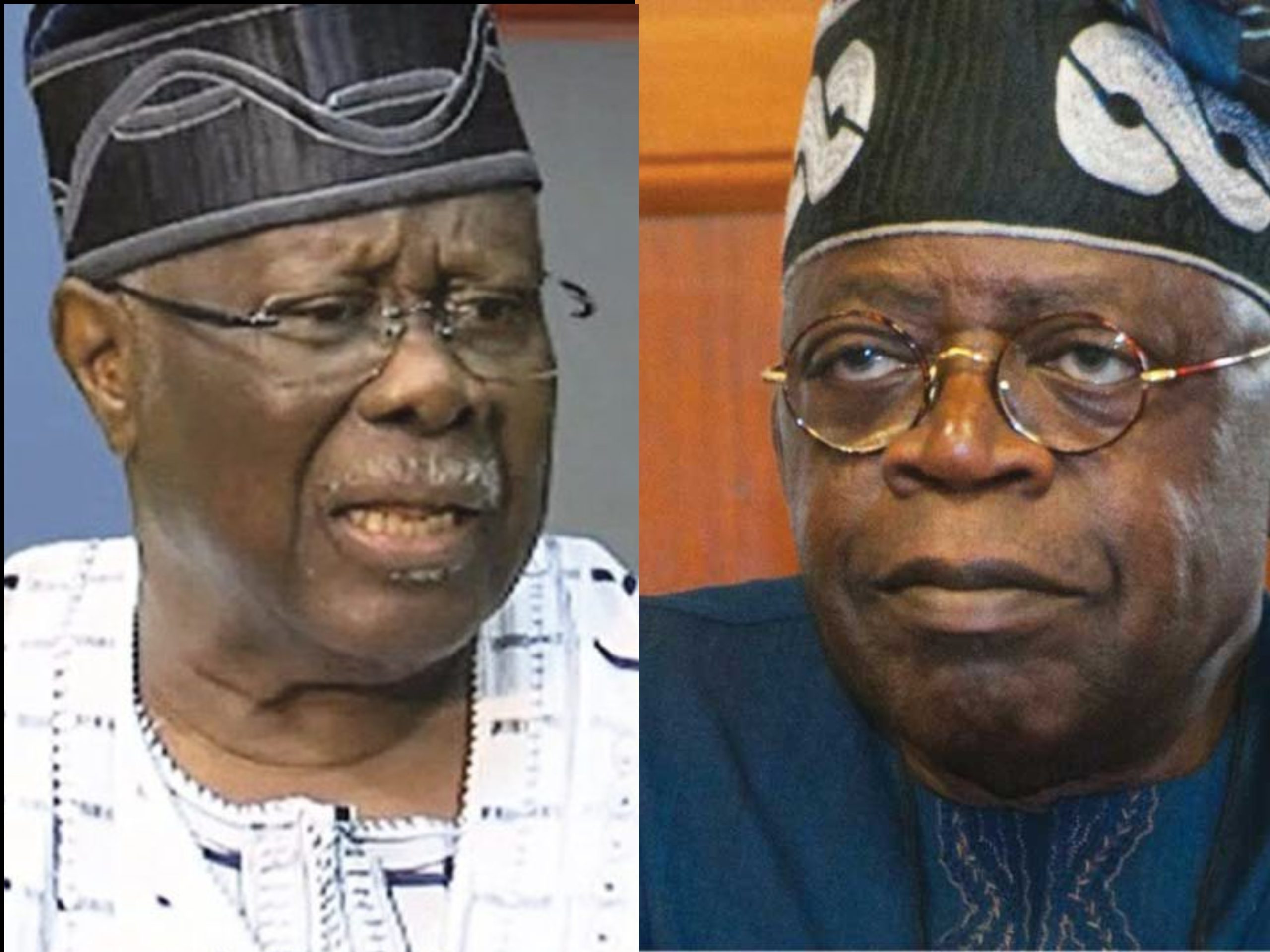 Toumani Diabaté
Toumani DiabatéDiabaté was widely recognised as the greatest kora musician of his generation. His effortless, calm and dignified strumming of the kora to produce enchanting and blues-like sounds that stay with the listener long after his performance was unrivalled.
I was shocked to learn of the passing on 19 July of the maestro of kora music, the Malian, Toumani Diabaté. He was only 58! There are many great kora musicians, such as Sona Jorbateh, Ballaké Sisoko, Sékou Keita and Jeli Moussa Djawara. Many will agree, however, that Toumani Djiabate was a towering figure among them.
Diabaté was widely recognised as the greatest kora musician of his generation. His effortless, calm and dignified strumming of the kora to produce enchanting and blues-like sounds that stay with the listener long after his performance was unrivalled.
Diabaté was a prolific creator of music, with 20 or more critically acclaimed albums and countless singles in his repertoire. These will continue to entertain his fans and sustain his legacy.
His In the Heart of the Moon album of 2005, in which he collaborated with the late musical supremo, Ali Farka Touré, arguably Mali’s most gifted musician and credited to have demonstrated that African-American blues music originated from West Africa, won the 2006 Grammy Award for the “Best Traditional World Music Album.”
Diabaté’s Mandé Variations album was also nominated for a Grammy award in 2008. That same year, he was appointed a United Nations Goodwill Ambassador because of the spotlight his music gave to the fight against HIV and AIDS.
And in 2014, the School of Oriental and African Studies, University of London, awarded him an honorary doctorate in music for his contribution in popularising kora music.
As is the case with many kora musicians, Diabaté came from a djeli or griot family of oral historians, storytellers and praise singers among the Mandingo and Soso people of West Africa.
Nigerians need credible journalism. Help us report it.
PREMIUM TIMES delivers fact-based journalism for Nigerians, by Nigerians — and our community of supporters, the readers who donate, make our work possible. Help us bring you and millions of others in-depth, meticulously researched news and information.
It’s essential to acknowledge that news production incurs expenses, and we take pride in never placing our stories behind a prohibitive paywall.
Will you support our newsroom with a modest donation to help maintain our commitment to free, accessible news?
His father, Sidiki Djiabté, was reputed to have recorded the first ever kora album in 1970. The musical history of his family is believed to go back to 70 generations.
Djelis were prominent figures in public affairs during the great Mali empire in the 14th century. They were linked to families of warrior kings and accompanied them to public functions. The djeli of the Mali empire’s founder, Sundiata, was believed to be Bala Faséké, as recounted in the “Epic of Sundiata” — an heroic poem that tells the story of Sundiata’s valour.
Diabaté’s son, named after his father, Sidiki, is also a kora musician. They often performed together. Hopefully, Sidiki will continue in his father’s footsteps by pushing the frontiers of this great musical tradition to new heights.
Djelis were prominent figures in public affairs during the great Mali empire in the 14th century. They were linked to families of warrior kings and accompanied them to public functions. The djeli of the Mali empire’s founder, Sundiata, was believed to be Bala Faséké, as recounted in the “Epic of Sundiata” — an heroic poem that tells the story of Sundiata’s valour.
I was first exposed to kora music as a young boy in Sierra Leone in the 1960s. Our father was an enthusiastic fan of Mandingo and Soso music. His radio in our sitting room was always tuned to Radio Guinea on every Sunday.
And as a fluent speaker of Soso, he would sing along with excitement when familiar songs were played. It was impossible to ignore, or not be influenced by this music as it was largely all that we listened to on Sundays.
The one thing that stood out for me as I look back at those formative years was the melodious and soothing string sounds of the kora and balanji (xylophone).
Kora music has remained one of my favourite music genres when I want to relax and reflect deeply on issues. Toumani Djiabaté’s albums and singles always occupy top spot on my playlist.
Lovers of traditional African music, especially kora music, will sorely miss him. May he rest in eternal peace.
Yusuf Bangura writes from Nyon, Switzerland. Email: Bangura.ym@gmail.com
Support PREMIUM TIMES' journalism of integrity and credibility
At Premium Times, we firmly believe in the importance of high-quality journalism. Recognizing that not everyone can afford costly news subscriptions, we are dedicated to delivering meticulously researched, fact-checked news that remains freely accessible to all.
Whether you turn to Premium Times for daily updates, in-depth investigations into pressing national issues, or entertaining trending stories, we value your readership.
It’s essential to acknowledge that news production incurs expenses, and we take pride in never placing our stories behind a prohibitive paywall.
Would you consider supporting us with a modest contribution on a monthly basis to help maintain our commitment to free, accessible news?
TEXT AD: Call Willie - +2348098788999

















 English (US) ·
English (US) ·